By Dr. Robert Pate
I wish I had a nickel for every time one of the ladies on ABC’s The Bachelor has said, “I literally died.” No, you didn’t. Despite their often ridiculous behavior, I feel bad for the contestants. In addition to editing content to show mostly conflict/angst, contestants are put in a nearly impossible social situation, given few helpful resources, cut off from their support networks, and we only get to share in their experience through technology. So of course they break down and cry, experience increased social conflict, and have a hard time coping! Feel familiar to anyone? If this doesn’t sound like your 2020 experience, maybe you and I were “social distancing” differently!
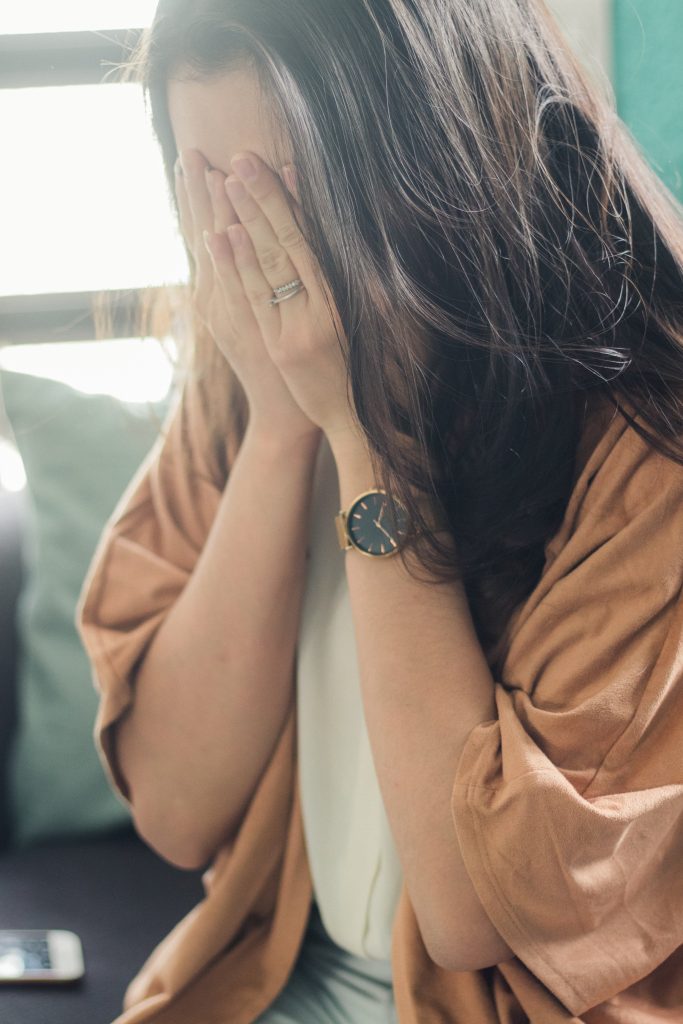
Either way, I often take away similar thoughts from the hyperbolic social interactions curated for our enjoyment. What I consistently notice is that we were made to be with people and connect in safe, secure relationships. We are meant to have our own space to reflect, rest, and pray. We thrive when we can express our thoughts and feelings with others who genuinely care about us, and who are open to letting go of their own feelings for a few minutes to stay present with us. We all experience joy, sorrow, hurt, betrayal, and the desire to be loved. We are made to have fun. We are made to look each other directly in the eye, to hug, to eat and drink together, and a host of other things we’ve been limited in doing the past 12 months. These activities help us to be in a healthy personal state of mind to be available for others’ needs, and to connect with healthy others in our lives. This connection is related to the concept of attachment, which includes the idea that when we have at least one safe person we can lean on, a secure base from which to explore the world, we can take greater risks and generally regulate our emotions better. This, of course, is related to all kinds of positive life and relationship outcomes.
If you’ve struggled with the loss of any of these things, I hope you have been coping well. I hope you have found creative and safe ways to stay connected with your friends and loved ones. But we can only handle so much screen time before we need to change things up (screen life hack: look out a window or at least across the room every 15-30 minutes to help your eyes avoid strain). Many small distractions can temporarily help us deal with the social/relational losses of the past 12 months, as well as the modifications to our learning environments. I won’t focus on them here, but a few might include standing up from your desk/bed/couch to walk around your dorm, bedroom, or office space. Try stretching for 30 seconds between meetings. I often do 20 pushups between therapy clients and find it helpful in waking my body up after several hours straight in a chair.
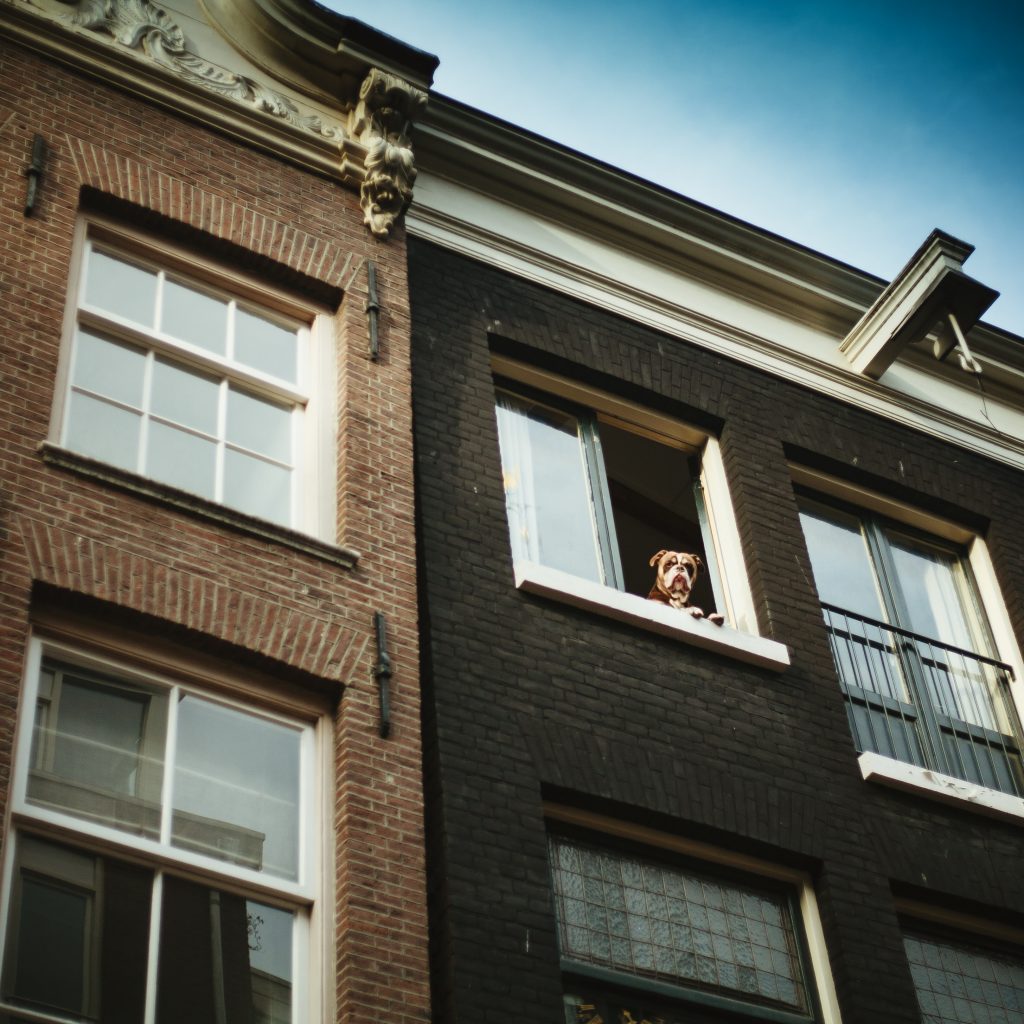
But as helpful as these short-term distractions can be, they may not help with the long term mental health needs that many of us have experienced during the pandemic. While the strategies below may be helpful during this national crisis, remember they are also helpful when things get back to the old normal. I hope you are able to employ one or more of them during the remainder of this semester as we look ahead to summer and the eventual return to an in-person everyday experience.
1. Plan a mini-vacation: Having something to look forward to, however small, can help ward off the depression that comes from the monotony of staring at screens all day, the loneliness that often accompanies isolation, and the boredom of being in the same environment all the time. A vacation could simply be taking a day trip to the local mountains with a friend or family member to hike around Lake Gregory in the Crestline area. It’s beautiful up there, the air is fresh(er), and it’s good to get out and exercise. You don’t have to fly to Hawaii to be on vacation! Maybe just take a road trip along the coast for a few hours, grabbing breakfast in Newport Beach heading down to San Diego for a late lunch, and then enjoying the drive back up the coast toward Riverside in the evening. The point is to plan something fun that you can look forward to. It’s better to have three or four small vacations each year to look forward to than one major trip.

2. Have a weekly activity that you do with someone you can build intimacy with over time. It’s important to have trust, safety, and a record of consistent vulnerable communication with at least one person in your life. You can do the same activity each week or mix it up. The key here is to get out and do something you don’t normally do, so the activity is special. Something you can look forward to. Maybe it’s a one mile walk around the campus and surrounding neighborhood. Maybe you get off campus and head to a park to throw a football or frisbee around. Whatever you do, make sure it’s something that allows you to talk without too much distraction.
3. Take a cell-phone holiday regularly. This could be a certain time of day that you set aside your phone and just engage 100% in whatever you are doing. Maybe it’s during dinner, or right when your classes or work are completed for the day. I recently celebrated Valentine’s Day with my wife, and forgot my phone at home. We had a great time, and, being the distractible person that I am, I was able to focus better on her. There’s just something about not even having your phone around that can feel very freeing. Try it sometime.
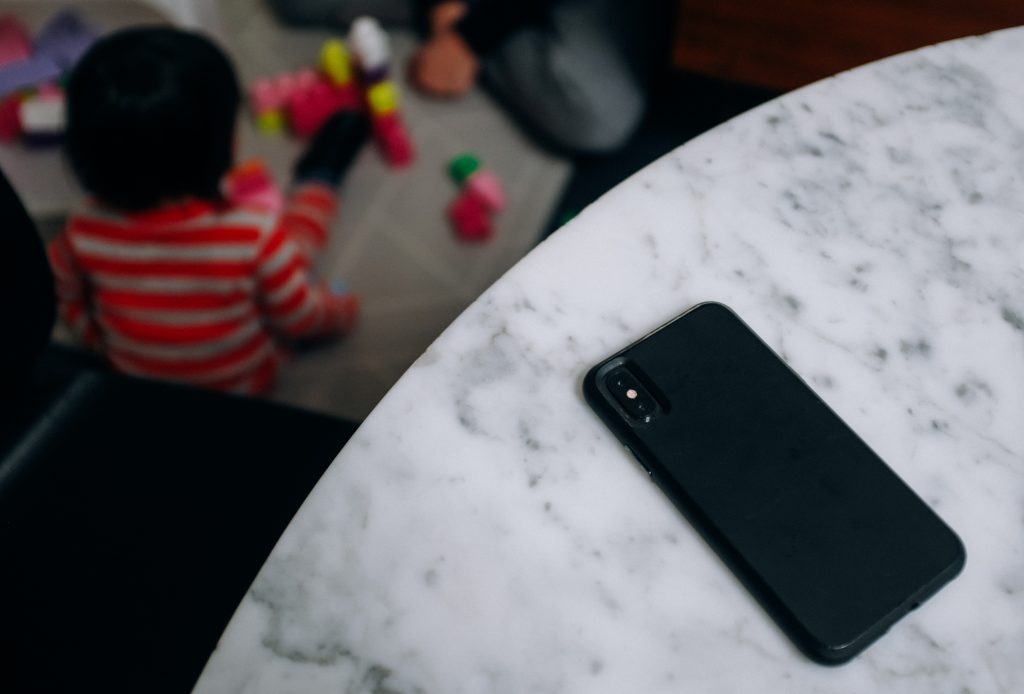
4. Come up with your own strategy! Do something out of the ordinary on a regular basis. If you regularly pray and/or meditate every day, have one day each week where you do that in a new location and for a longer period of time. Maybe you want to start employing one of the spiritual disciplines and journaling about it. Whatever you choose, find something that works for you, that you enjoy, and that will help you cope with whatever has come up for you this past year. This isn’t homework. It’s supposed to be fun, and it’s supposed to be for you.
Don’t let yourself get to the point in your coping strategies and relationships that you end up being the catty contestant with diminished emotion regulation and communication skills saying ridiculous things like, “I literally died.” Nope. You’re still here. But you do need to get more serious about and creative with your self care!
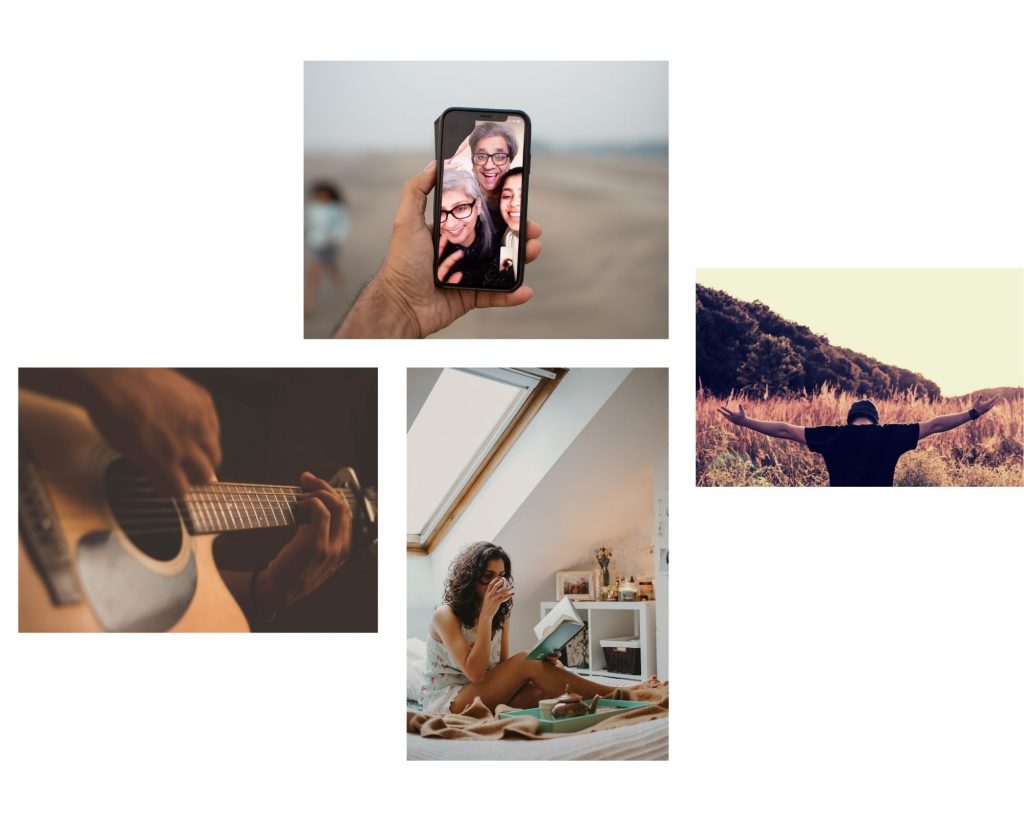
Feel free to comment below with a strategy that has worked for you so others can try it out!



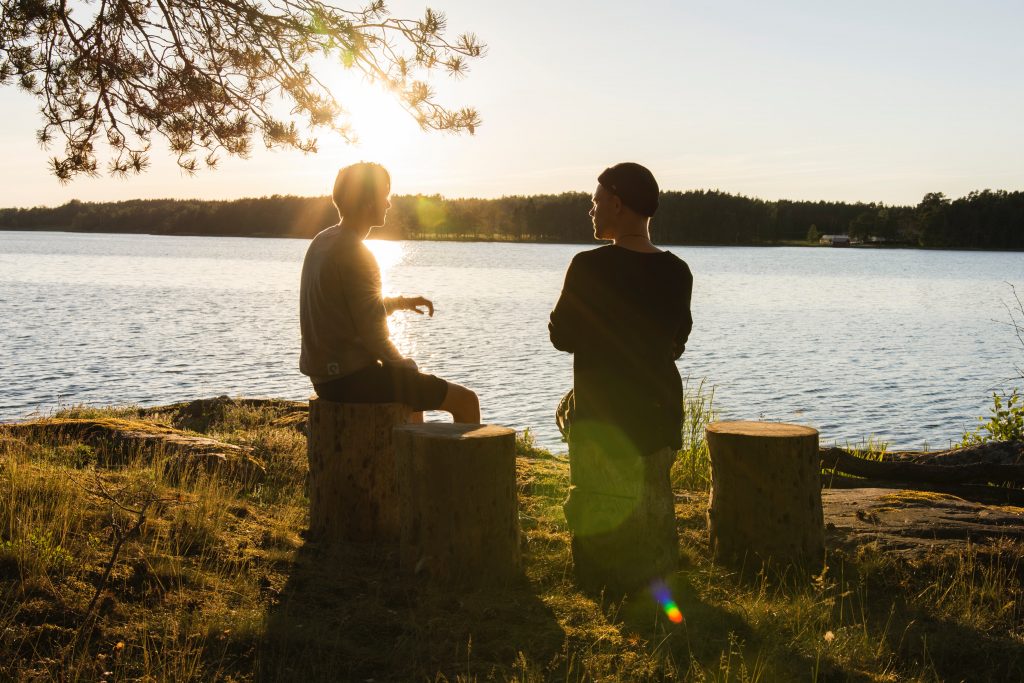
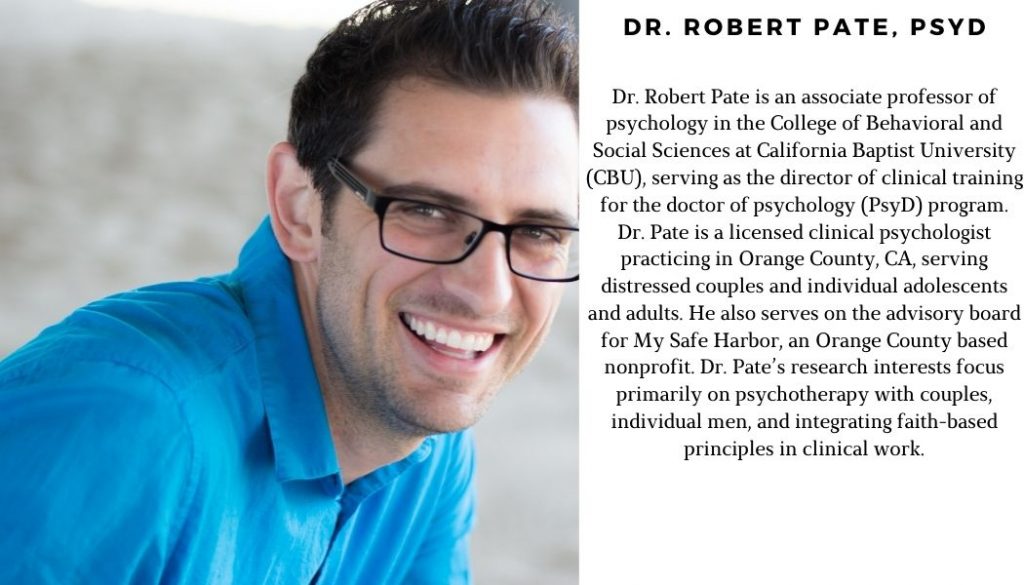
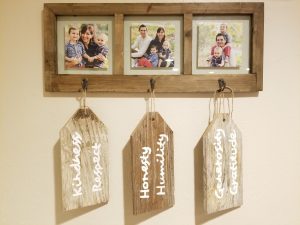 One of the first things a guest will see upon entering my home is a simple decoration that encapsulates my desire for our family life. It contains a few photos of my wife, our boys, and myself, as well as six words declaring our family values: Kindness, Respect, Honesty, Humility, Generosity, and Gratitude.
One of the first things a guest will see upon entering my home is a simple decoration that encapsulates my desire for our family life. It contains a few photos of my wife, our boys, and myself, as well as six words declaring our family values: Kindness, Respect, Honesty, Humility, Generosity, and Gratitude.


